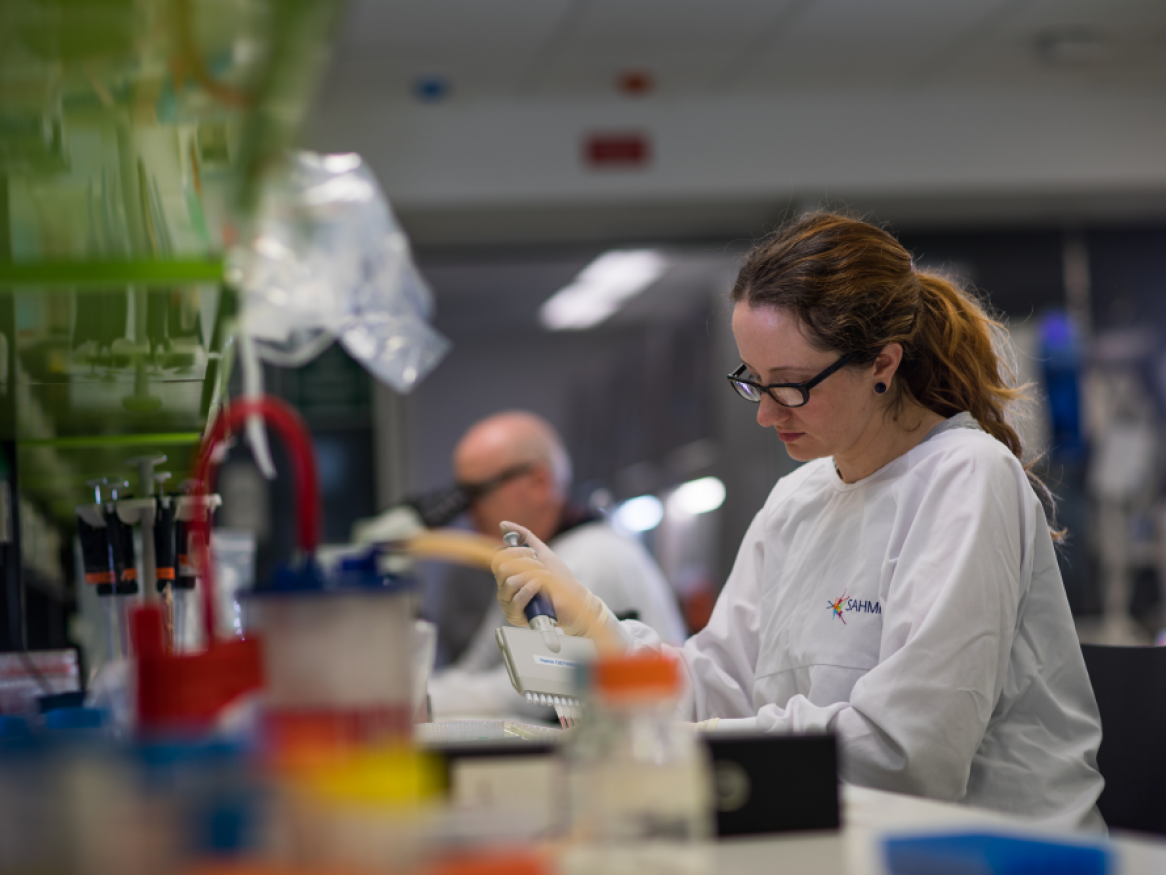Genome Editing Laboratory
Welcome to the Genome Editing Laboratory, where we are using state-of-the-art molecular genetic approaches to develop and improve CRISPR genome editing technology. Our mission is to enhance human health by harnessing the power of CRISPR to cure genetic diseases, understand the pathology of common genetic diseases, control invasive mouse populations, and continuously improve CRISPR gene editing technology.
CRISPR genome editing technology is revolutionizing medicine, biology, and agriculture. It enables targeted genetic modification of virtually any species with unprecedented efficiency. Since the first CRISPR editing publication in late 2012, it has had an enormous impact on basic and applied research.
Our laboratory is focused on using CRISPR technology to understand the pathology of common genetic diseases by generating CRISPR mice that model disease-causing mutations in humans. We are also developing approaches to cure genetic diseases, such as DMD, retinitis pigmentosa and PCDH19-clustering epilepsy, by correcting disease-causing mutations in vivo. At the same time, we are continuously striving to improve the CRISPR gene editing technology to make it more precise and efficient.
In addition, we are leading the world in the development of CRISPR gene drives in mice. This powerful technology has enormous potential for controlling invasive mouse populations that spread (zoonotic) disease, cause species extinction, and reduce agricultural productivity.
At the Genome Editing Laboratory, we are committed to using the latest technological advances to improve human health and welfare. Our team of dedicated scientists is at the forefront of CRISPR research, striving to push the boundaries of what is possible in this exciting field.
The Genome Editing Laboratory hosts the Australia Gene Editing Network (AGENt), a community that brings together Australian researchers interested in gene editing. AGENt provides networking opportunities and resources for researchers from all levels and fields to collaborate and accelerate gene editing research. AGENt also provides regular seminar series featuring speakers from across Australia. To join AGENt, individuals should fill in the following Google Form https://forms.gle/6HqpA6jCpZYquoCQA or contact Dr Fatwa Adikusuma at fatwa.adikusuma@adelaide.edu.au.
Interested in a postgraduate research degree?
We offer exciting opportunities for researchers at the honours, masters and PhD levels. Our research degrees are open to students from a broad range of backgrounds, and range from basic sciences to clinical research. If you are interested in human health, consider furthering your research career with us.




